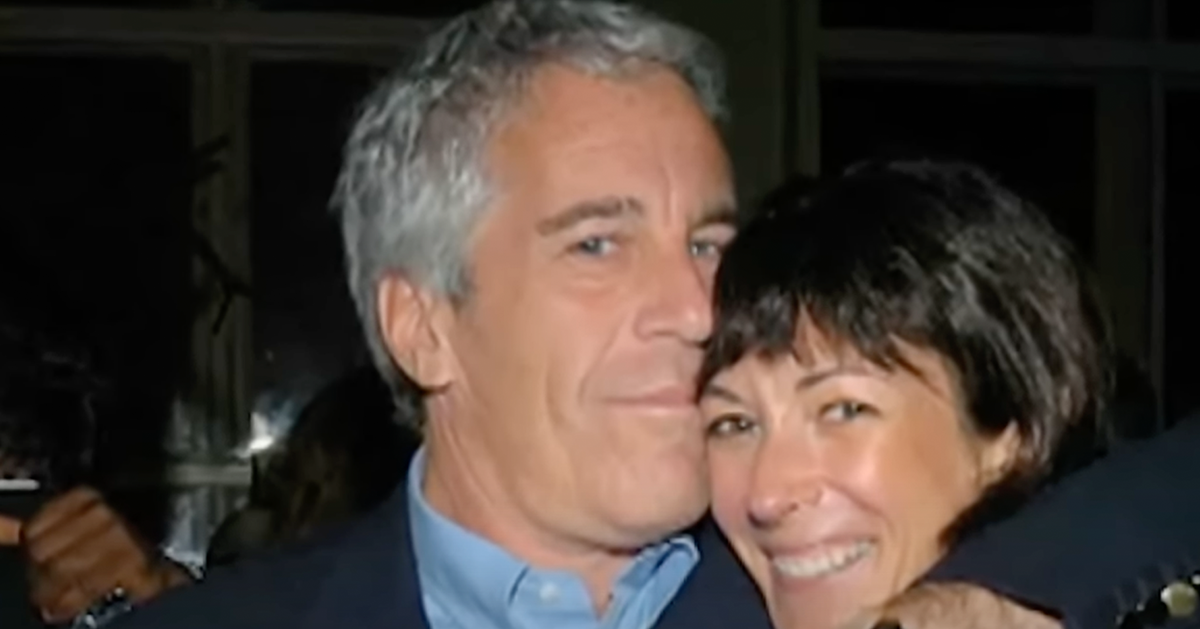FBI Granted Entry to Trump Plot Suspect Despite Presence on Terror Watchlist
Asif Raza Merchant, a Pakistani national with known connections to Iran, gained access and remained in the United States despite his presence on the terror watchlist.
Merchant was eventually apprehended on July 12 after attempting to hire hitmen to carry out plans to assassinate Donald Trump and other government officials, and the Biden FBI's decision to allow him into the country is drawing a host of questions, as the Post Millennial reports.
Upon Merchant's arrival at Houston’s George Bush International Airport in April, the FBI’s Joint Terrorism Task Force conducted an interview.
During this interview, he was fingerprinted, and his electronic devices were inspected. The task force recorded that Merchant was "polite and cooperative throughout the encounter." They also noted his recent travels, including a significant trip to Iran.
Mysterious Parole Based on Undefined Criteria
Despite his flagged status, Merchant was allowed to stay in the United States under a special parole program known as "significant public benefit parole."
According to U.S. Citizenship and Immigration Services, this type of parole lacks a statutory or regulatory definition. Such parole includes, but is not limited to, reasons concerning law enforcement and national security. The deadline for Merchant’s parole expired on May 11, yet he was still permitted to reside in the country past this date.
The FBI’s memo noted Merchant’s release "without incident" and mentioned that he was "free to travel to desired destination," which was identified as a family member’s home in Texas.
This led to confusion regarding the oversight, as immigration records flagged Merchant in the Department of Homeland Security database as a "WATCH LIST" and "Lookout Qualified Person of Interest."
Collaborator's Contribution to Arrest
Merchant’s intentions came under scrutiny again when he plotted with an individual who later became a confidential source for law enforcement.
This source reported Merchant's assassination plan to murder Trump and other officials. Fearing imminent danger from his elaborate plotting, authorities arrested him on July 12.
The arrest details reveal that Merchant intended to employ hitmen and was making plans to leave the United States on the very day of his arrest.
This raised questions about the initial decision to grant him parole despite his contentious background.
Law Enforcement's Objective Behind Parole
The rationale behind the issuance of the special parole remained under speculation. In April, law enforcement officials hinted that the parole was either to turn Merchant into a cooperator or to discern his true intent in the United States along with identifying his associates.
However, the broad and vague terms under which this parole was issued provided little consolation to observers.
U.S. Citizenship and Immigration Services explained the concept of "significant public benefit" includes several considerations, emphasizing that officers scrutinize all circumstances before making a decision. They underscored that "parole based on significant public benefit includes, but is not limited to, law enforcement and national security reasons or foreign or domestic policy considerations."
Public and Official Reaction
Merchant's subsequent activities have sparked a public outcry and concerns about national security protocols, especially regarding individuals flagged on the terror watchlist. The incident has also prompted a re-examination of the policies governing special parole and entry protocols for individuals with potential threats.
Authorities are now reviewing the processes that allowed Merchant's entry and the impact it had on national security. This incident has also shone a light on the vague parameters of special parole programs and their implications for public safety.
As investigations continue, the agency involved and other public officials seek bolstered confidence in the screening processes. Questions about the effectiveness of such programs and their criteria for decision-making have come to the forefront.






